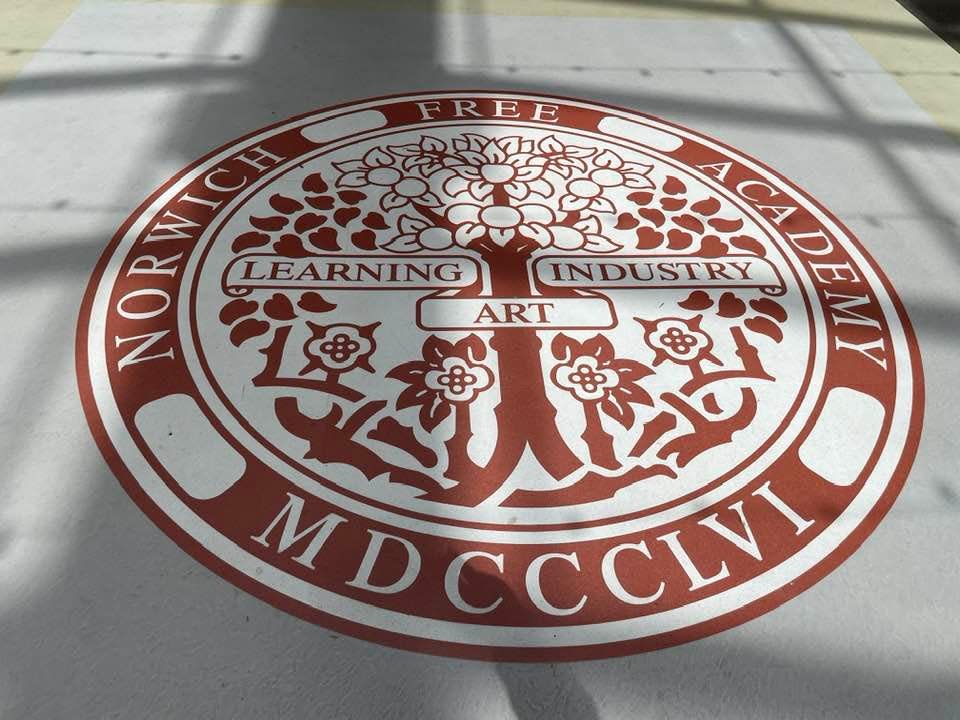
6 Common Myths of Self-Help Trauma Recovery Books
Source: Cottonbro/ Pexels
Bessel van der Kolk’s The Body Keeps the Score has spent more than 245 weeks on The New York Times non-fiction bestseller list and is one of the most commercially successful trauma recovery books of all time.1 The popularity of The Body Keeps the Score demonstrates the need for quality literature about trauma recovery, as these books can benefit trauma survivors, their loved ones, clinicians, and members of society.
There are many excellent self-help books for trauma survivors, yet readers should be aware of common myths concerning trauma-based self-help books that might be harmful if believed.
Here are six common myths about self-help trauma recovery books that readers need to consider.
1. A one-size-fits-all approach works for everyone.
Self-help books often promote one theoretical orientation or method of trauma recovery. For example, one book might teach cognitive behavioral therapy (CBT) practices, another may focus on journaling exercises, and yet another will promote eye movement desensitization and reprocessing (EMDR) methods. Which one of these books will work for everyone? None of them.
Van der Kolk writes, “There is no one ‘treatment of choice’ for trauma, and any therapist who believes that his or her particular method is the only answer to your problems is suspect of being an ideologue rather than somebody interested in making sure that you get well.”2 It’s best to think of self-help books as ideas you can try. One may be beneficial for you, another may not.
2. The author must be a trauma expert.
Anyone can write a self-help book. Authors are not required to have any credentials or experience in trauma recovery. Many authors have written self-help memoirs that share their personal experiences in trauma recovery and encourage readers to mimic their successes. These memoirs can be beneficial, but readers should be aware that the author is relying upon their personal experiences and is providing insight based on those experiences alone.
Prospective readers curious about the author’s credentials can ask these questions:
- Is the author a licensed mental health clinician, psychologist, or medical doctor?
- Does the author have professional experience working with trauma survivors? If so, how much experience?
- Has the author published other works I can read, such as articles, research studies, or blogs, which might give me a sense of what content they can provide?
Readers who seek a book written by a trauma expert should research the author before committing to reading their book.
3. All self-help books are based on research.
When a book is published, it’s easy to assume that professionals have vetted the book in order to protect the public. This is not always true. Some self-help trauma books do not cite research, and when they do, authors are often not obligated to check their facts or sources. For example, there is a best-selling self-help book that argues trauma survivors can think themselves out of trauma responses by embracing empowerment. This book provides little research supporting this claim. “I thought it was based on science because the author is a psychologist. I had no idea that it was just her opinion,” one of my clients stated after they read this book.
Readers who seek a research-based self-help book can look at the book’s bibliography, footnotes, and/or works cited section to get an idea of the number of sources that are cited in the book. Books that lack sources, or rely on only a few, may not be based on research but on the author’s opinions.
4. Well-researched self-help books are 100 percent accurate.
Often, authors include research that supports their thesis and excludes research that does not. This is a common practice, as no book can include all the research ever conducted. Also, it’s not the best marketing strategy to sell a book that supports and debunks its thesis.
For example, I read a book that cited four research studies indicating that trauma survivors who forgive their offenders are more likely to recover than those who don’t. I accessed these research reports and found that the participants in these four studies were all Caucasian women who lived in the Midwest U.S., with an average sample size of 15 women per study. These findings cannot be applied to a generalized population.
The authors did not inform readers of this research limitation, and it appeared in the book that the research completely supported their thesis that trauma survivors need to forgive their offenders in order to recover. Readers should be hesitant before accepting research results at face value, as self-help books based on research often do not provide comprehensive research information.
5. Methods are more important than safety.
In trauma recovery, feeling safe is necessary, not optional. Survivors who do not feel safe are less likely to progress in recovery regardless of the interventions they are using. For example, many self-help books encourage trauma survivors to engage in mindful meditation. Yet, many survivors do not feel safe meditating. They feel fearful when their eyes are closed or when their body has to remain still. For those who’ve learned to protect themselves by dissociating, meditating is frightening due to its focus on being present. Survivors who experience these trauma responses become solely focused on re-establishing safety, not the practice of meditation. Self-help books can provide many methods to cope, manage, and recover from trauma. Yet, these methods are unlikely to be beneficial when readers feel unsafe, and not all books address the need for safety.
6. All self-help books consider the impact of intersectionality.
Many self-help books are written by and for people with privilege with little to no concerns about social justice or intersectionality. These authors embrace the idea of “it worked for me, so it’ll work for you,” and “the research says _____, therefore, my suggestions will work for you.” Yet, research does not always include marginalized populations in studies, and a privileged author might be unaware that additional obstacles exist for readers who do not share their privilege.
It’s challenging to recover from trauma with personal empowerment when you live in a society that is structured to hinder your empowerment. Readers should be aware of this common bias in self-help literature and, before reading a book, ask themselves: Does this book apply to me? Was it written for me?
Being aware of these common myths might help you to better navigate the world of trauma recovery self-help books. My grandmother once told me, “When you find a book that interests you, give the author a chance, but not your trust. They have to earn your trust, and if they don’t, set that book aside and move on to another.” I’ve set many books aside, and I’ve also found a few that added significant value to my trauma recovery.







